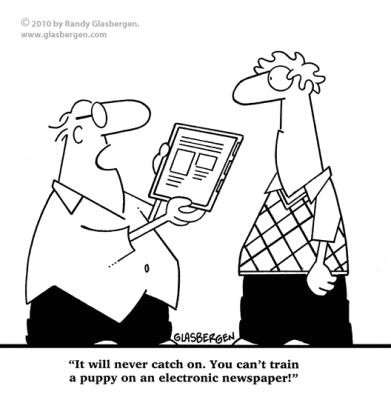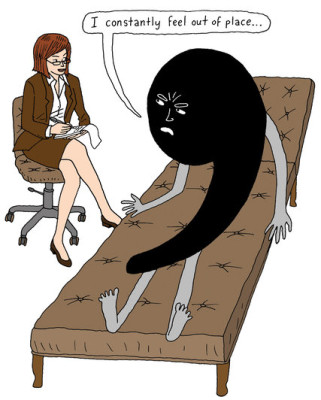Can You Believe This?
I read this and my head begs to explode…
From RollingStone.com:
Rage Against the Machine Defy Ethnic Studies Ban, Says Arizona Schools Chief
KRS-One also targeted for “promoting resentment toward a race or class of people”
By Kory Grow | January 5, 2015
Arizona’s departing state superintendent of public education, John Huppenthal, spent his last day of work targeting the Tucson Unified School District for violating the state’s ban on ethnic studies, according to the Arizona Daily Star. In particular, the “notice of noncompliance” he sent the district’s superintendent, Dr. H.T. Sanchez, on January 2nd highlighted two music-related violations: the use of the Rage Against the Machine 1992 song “Take the Power Back” in Mexican-American history and an introduction to hip-hop written by KRS-One in an English class taught from an African-American perspective.
Huppenthal’s notice cited lyrics from “Take the Power Back,” with asterisks covering profanity, and linked to the rap trailblazer’s essay in which he defines hip-hop as “the artistic response to oppression.” Both instances were in reference to classes taught at Tucson’s Cholla High Magnet School. The notice also noted a handout that asks, “Why was American slavery the most brutal in history?” and the requirement for students to recite Mayan and Aztec teachings daily. The classes replaced a Mexican-American Studies class that was deemed to violate the education law.
The schools chief threatened to cut state funding for the district by 10 percent if it did not comply with the law by March 4th, according to The Arizona Republic.
Huppenthal claimed that these instances, along with others not listed in the complaint, were not in compliance with a piece of Arizona legislation, passed in 2010, that limited the contents of classroom curricula. Specifically, Huppenthal said that the courses “promote the overthrow of the United States government,” “promote resentment toward a race or class of people” and “advocate ethnic solidarity instead of the treatment of pupils as individuals,” per the wording of the bill. A lawsuit seeking to overturn the law will go before the 9th U.S. Circuit Court of Appeals this month, RawStory reports.
Rage Against the Machine guitarist Tom Morello commented on the matter on Twitter, claiming that his band’s and rap lyrics are “only dangerous if you teach [them] right.” Representatives for KRS-One and Huppenthal did not immediately reply to a request for comment.
Corey Jones, who teaches the Cholla Magnet course U.S. History Culturally Relevant Mexican-American Perspective – which interpolates Rage Against the Machine lyrics into the curricula – tells Rolling Stone that he was not surprised by Huppenthal’s letter and that he was “a little bit embarrassed” to live in a state with these politics. The purpose of teaching Rage lyrics was from a social justice perspective, and he says his students – half of whom did not know the band prior to the class – loved the song. Currently, Jones has no plans to change his course, which he designed to encourage students to want to change the world for the better.
“Arizona’s becoming a more fascist state,” he says. “When you’re banning and censoring material, for a state that proclaims local control, for a state that proclaims so much freedom – and yet in Phoenix you’re having one of the highest elected officials of the state comb through my curriculum and say, ‘This is illegal, you can’t teach that’ – the contradictions are glaring.”
“I am deeply concerned by the fact that the noncompliance appears to extend beyond classes taught from the Mexican-American perspective and now also includes classes taught from the African-American perspective,” Huppenthal said in a statement, adding that he wants “students, regardless of their race or ethnic background, [to] have access to a high quality education.” He also wrote, “In issuing this finding before classes resume, I am hopeful that the district will take immediate action to comply with the law.”
Sanchez did not immediately reply to Rolling Stone’s request for comment, but released a statement last week saying that he had requested a meeting with the outgoing superintendent, but had not heard back from him. “These courses were developed specifically under the court order,” he wrote, according to the Republic. “That order – the Unitary Status Plan – requires us to develop and implement culturally relevant courses taught from both the Mexican-American and African-American perspectives.”
Sally Stewart, the spokeswoman for the state’s Department of Education, said that Huppenthal’s replacement, Diane Douglas, would “keep the ball rolling” and follow up on her predecessor’s notice. Douglas’ chief of staff did not reply to requests for comment from the Republic on Friday.
Although Huppenthal was the incumbent option for the Republican primaries last year, the Grand Old Party ultimately selected Douglas as its candidate. She won the general election last November and assumed office on January 5th.
Read more by clicking HERE.




